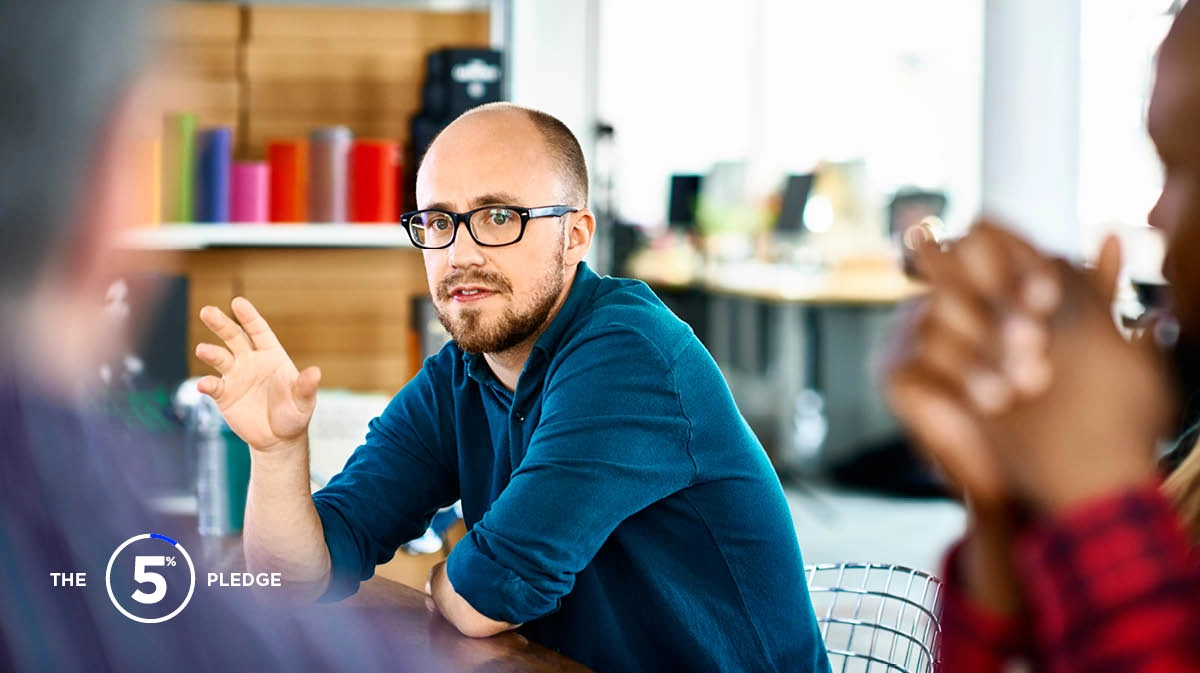PRESS PLAY TO LISTEN TO THIS ARTICLE
Voiced by artificial intelligence.

First aid training, and specifically having ‘first aiders’ is standard, and often compulsory, for companies across the world, so it makes sense that your employees can now embark on a mental health first aid (MHFA) training programme.
Mental health can manifest itself in many ways, so training people within your organisation to become adept at not only identifying when colleagues could be having problems, but also how to support them in those situations, feels like an essential part of running a modern workforce. “I first did a mental health first aid training programme in 2019,” says Ben Evetts of Cigna Healthcare in Hong Kong. “It’s something that’s really important, because many of us have experienced instances when this kind of training can make a difference.
“Thankfully, things have changed a lot and today mental health is now being talked about more openly,” continues Ben, “but I can remember a few years ago when I had a colleague who suffered from bipolar and, despite it being a huge organisation, very few of us knew. If he was unwell and couldn’t come in, he’d simply tell one of us that he had a headache, and that would be it. There was never a place where people could have open discussions or learn about what bipolar, or any mental health condition, was.
“Mental health first aid training helps build awareness of how to discuss mental health and provide support for people to open up and talk about it. They may all come from different parts of the business, different parts of the world, but they are all connected by not just the company, but the fact mental health can affect them.”

What does a mental first aid course look like?
Cigna Healthcare offers its employees the opportunity to attend a mental health first aid course, delivered by an accredited mental health first aider. These programmes are generally offered in person and involve eight hours of training, spread across two days, or a number of weekly sessions.
Participants learn more about mental health, its triggers and how to offer support to others. “You are taught how to be an active listener, offering non-judgemental empathy and support,” explains Ben. “This helps you to offer them some level of immediate care, but also suggestions and signpost options about where they can go to get more support and help.”
Another benefit is to the individual taking the course. “I, like many, have undergone periods of poor mental health, and through my recovery journey and therapy, I learnt a lot about myself and my triggers,” says Ben. “But even with my experience it’s still a very different thing to approach someone who is struggling and try and to have that conversation. That’s where I think these courses can help.”
Rolling out an MHFA programme, and truly embedding mental healthcare into your well-being strategy can also help your business, helping to foster a positive culture.
What does a mental health first aid course teach?
These courses encourage people to challenge the language used around mental health, explore the stigma attached to mental health, and understand what good mental health looks like. They also teach participants how to intervene (including in a crisis), reassure, and signpost to further support.
MHFA courses equip participants with the skills to spot early signs of a mental health issue, start a supportive conversation with a colleague who may be experiencing a mental health issue or emotional distress, and effectively support anyone experiencing mental distress.
Attendees are taught about diagnosable mental health conditions, and what to do if they think someone is struggling and the steps to take for early intervention.
Also covered are self-care strategies, providing skills to help prevent mental ill health.
The role of mental health first aiders at Cigna Healthcare
Cigna Healthcare has had mental health champions for many years, however since we’ve committed to the 5% Pledge in multiple markets, having champions that employees can reach out to confidentially has been signposted very clearly.
Our Mental Health Champion Programme is a volunteer programme that focusses on increasing mental health awareness and providing resources to employees looking for support related to a mental health challenge.
